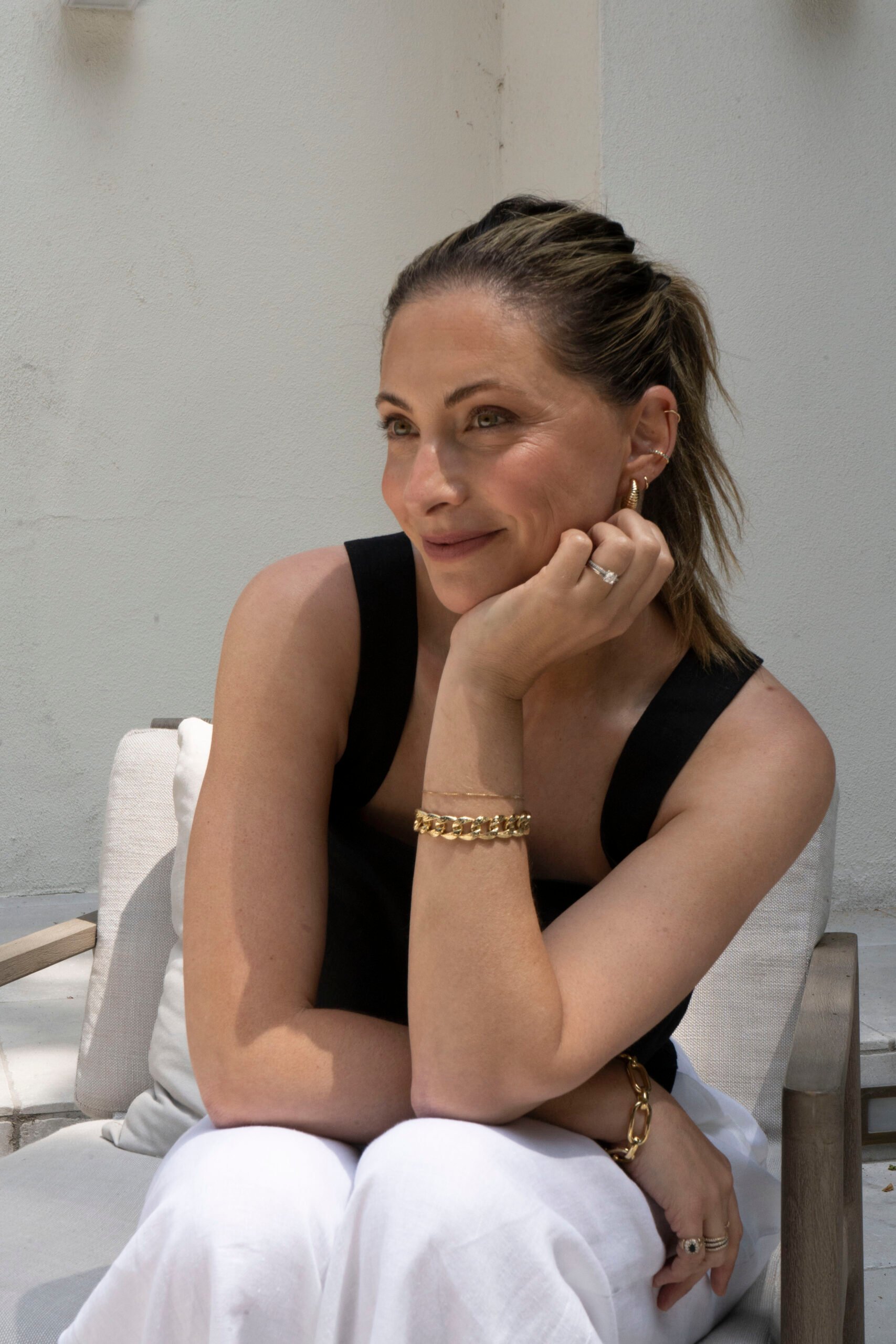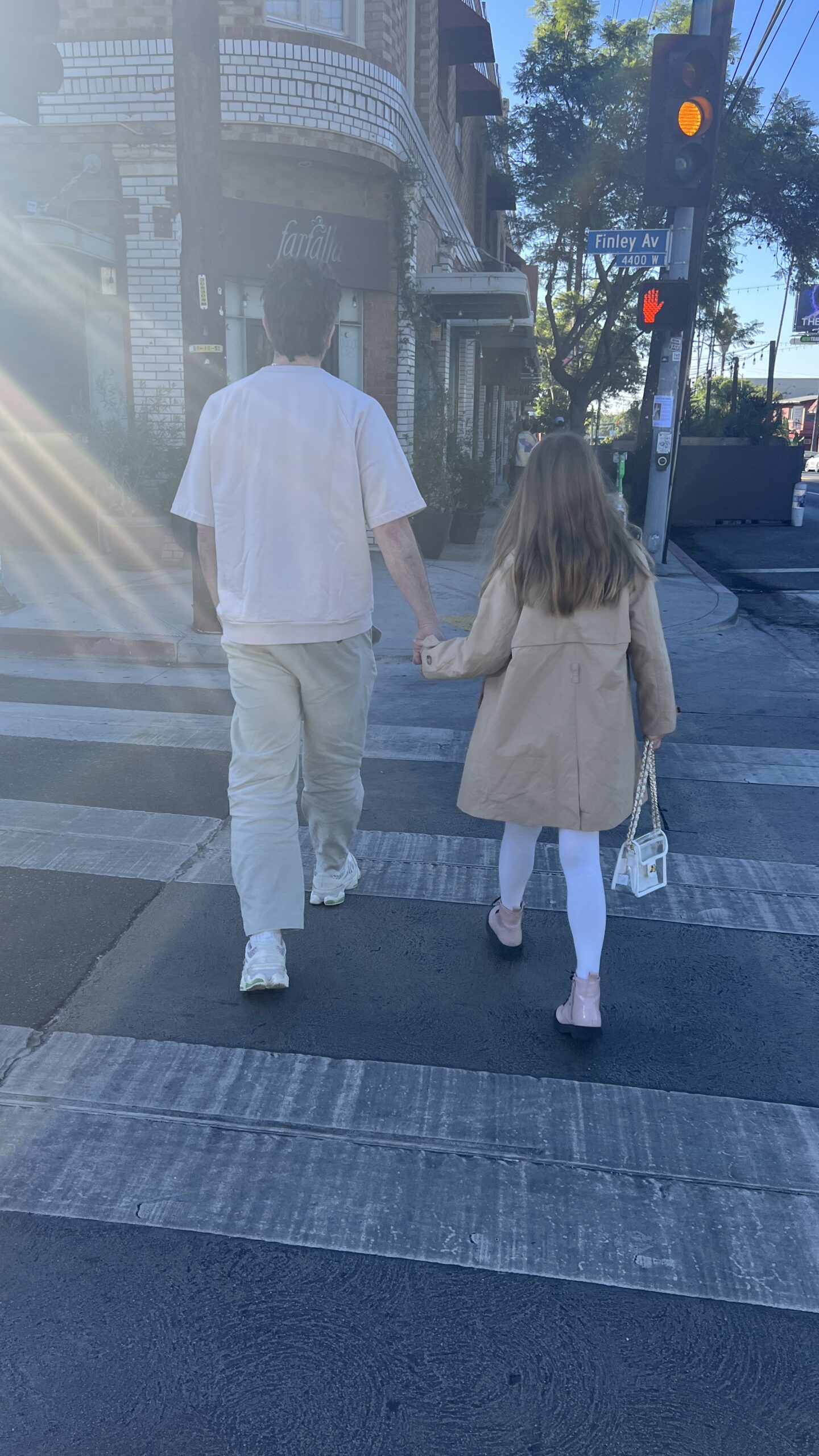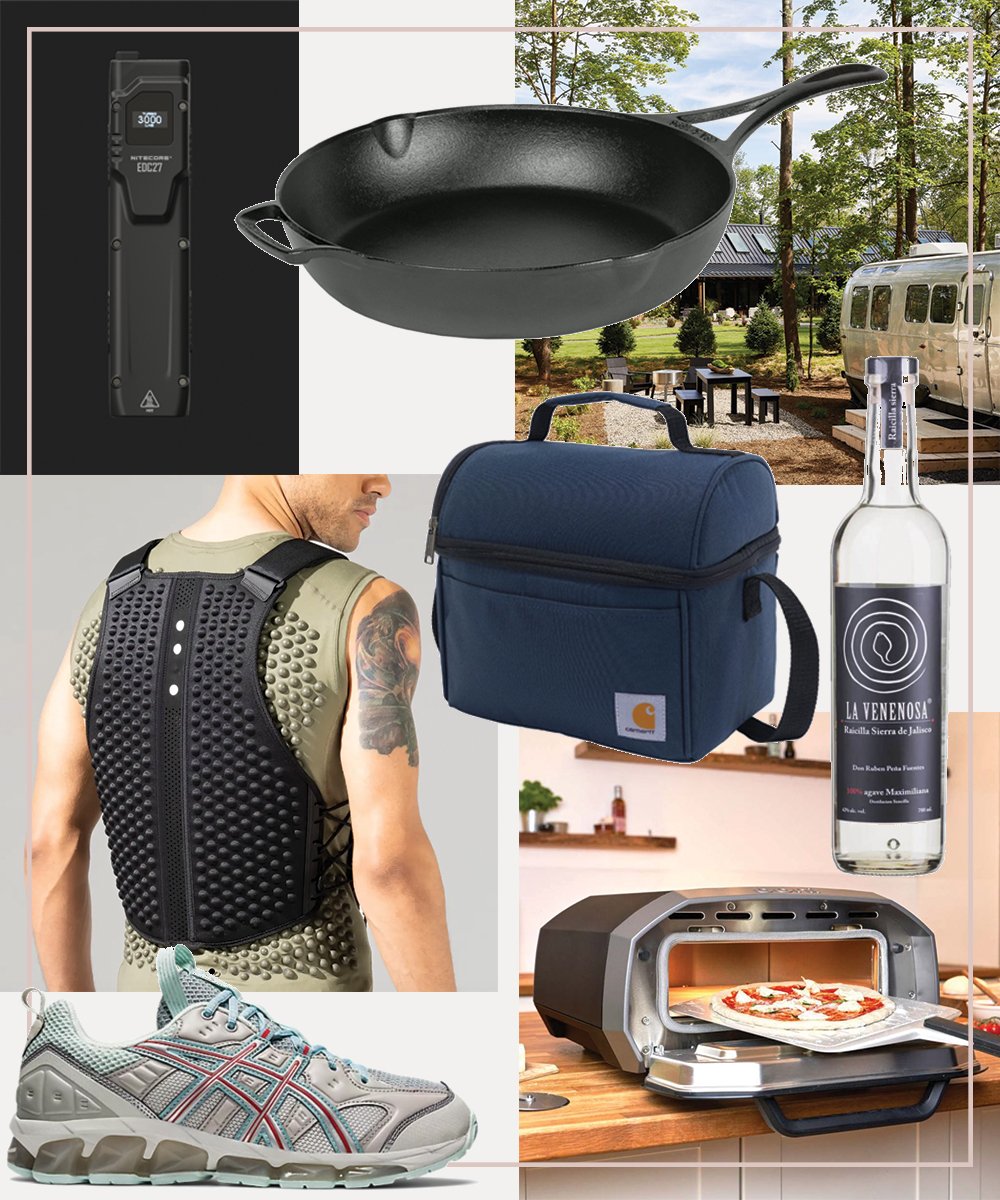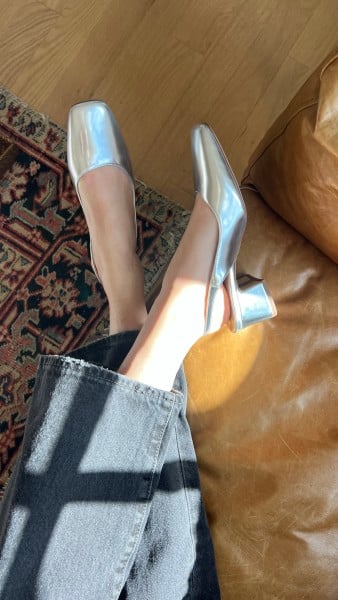
Magogodi is Co-Founder and CEO of Love As A Kind of Cure, a festival and organization dedicated to dismantling white supremacy and intersecting inequalities. I’ve had the pleasure of collaborating with her, when cupcakes and cashmere sponsored Love As A Kind of Cure, and as a panelist for a recent festival. I’m an enormous fan of Magogodi and everything she does—so when she offered to write about Juneteenth and her experience with the holiday, I jumped at the opportunity to have her share her story. I hope it resonates with you, as it did with me! – Leslie
When I came to America as a nerdy 17-year-old raised on a steady diet of “The Cosby Show” and life under military occupation, I already understood racism bone-deep. Thanks to the surround-sound white supremacist shit storm that was apartheid, I’d long earned a sommelier level certification sniffing out that prime-grade BS. So I knew that the Fourth of July wasn’t for people like me. Don’t get me wrong, I could shower all night in the explosive light of bright fireworks. I could sink my teeth into crisp, yellow corn and swim as gleefully as anyone else in the hot summer heat, bright-red watermelon drooling down my face, and the smell of raw meat bleeding through the grill. But I could never bathe myself in the red, white, and blue reverie of Uncle Sam. Nothing about that holiday smelled like freedom. And as a Black South African looking in, I couldn’t help but remember Dingaan’s Day.
Even if you can’t differentiate Benin from Botswana on Google Maps and can only name five (okay, no shade…three?) of Africa’s 54 countries, chances are you’ve heard of the Zulu—a fiercely proud people in present-day South Africa. Zulu history stretches far back to before colonization and slavery. You recognize the word Zulu not because of Shaka King, the fly filmmaker who directed the dope AF biopic, Judas and the Black Messiah, but because of his namesake—the nineteenth-century king, Shaka Zulu. Growing up in South Africa, Shaka was to my imagination what Lincoln is to America.
Shaka was—in Ossie Davis’ words, eulogizing Malcolm X—”our manhood.” He embodied our claim to liberty or death. It’s no surprise that powerful white supremacists wanted Shaka dead. It is a surprise how Shaka died. His brothers killed him. And in a perverse twist on this surprise attack, one of those brothers, Dingaan, had a whole day dedicated to celebrating his memory.
Let me run that back. When I was a kid, as Mandela sat in a concrete prison cell on Robben Island, our country had a national holiday honoring Dingaan, a man who killed one of Africa’s foremost kings. We were forced to bear our teeth and make merry in honor of Dingaan. That would be like America hosting an annual throw-down for Lincoln’s assassin, John Wilkes Booth. You feeling my feels yet?

Okay. Now consider this: A little before Dingaan knifed Shaka, another giant was just peeping into our planet: Frederick Douglass, born in 1817. Lawd tell me you can say something about Douglass’s singular contribution to American history beyond, Hey that’s the dude from Black History Month…full shade implied!
Born enslaved, Douglass rose all the way to the White House and beyond. He advised Lincoln on how to hold America accountable to its founding ideals, “All men are created equal.” There would be no “self-evident truth” in that statement without Frederick Douglass exposing just how far America had to go toward “liberty and justice for all.” Or without Douglass offering America a pathway toward Dr. Martin Luther King, Jr.’s “Promised Land,” as Douglass laid bare in his powerful 1852 speech, “What, To The Slave, Is the Fourth of July?” And, Gurl! If you haven’t heard this whole speech, I beg you, for the love of all things made of cupcakes and cashmere, please click that link and drink in this founding father’s full words. The man raises ideas as resonant and uncomfortably true today as they were some 169 years ago, “This Fourth of July is yours, not mine.” He says, “You may rejoice, I must mourn.” Ask yourself, would George Floyd, Sandra Bland or Breonna Taylor argue with that?
Like Fredrick Douglass, I have conflicted feelings about celebrating freedom on July Fourth. And not just because I’m a naturalized citizen who counts South Africa as home. As a Black immigrant from the same shores as King Shaka, it’s Juneteenth that feels like a site of unfiltered and unfettered Black joy for me. Juneteenth feels synonymous with the freedom July Fourth promises, but without the nagging footnotes July Fourth begs—the things left unspoken by the founding fathers, until a hundred or so years later, when Frederick Douglass reimagined a braver and more honest America. The America that would go to war over those first promised freedoms; the same America that showed up in every major city and street corner in our explosive summer of 2020.

Before that landmark summer, I first learned about Juneteenth. I don’t remember a specific introduction, but I do remember West Philly cookouts and conversations linking Juneteenth to the ongoing struggle for Black liberation. As you know, Juneteeth began in Galveston, Texas to mark the liberty of folks freed two years after Lincoln signed the Emancipation Proclamation. And yes, you already knew that. But can you imagine that? Two. Whole. Years! What could you not do in two years? It’s enough time to give birth two times over and maybe have one of your newborns sold as a slave. Black folks as far north as Canada never forgot why Juneteenth mattered. They grilled whole hogs, like they do it in Texas. They ate watermelon and they got sugared up on red soda water with barbecued goat, like Texas native and Harvard-based historian Annette Gordon-Reed. Because of my Black Philly friends and Juneteenth’s 156-year-old tradition, I learned to honor those African ancestors whose blood bought all Americans our fragile freedoms.
When I think of these forebears and their centuries-long resilience, I think of Shaka Zulu and his unbought, unbowed spirit: liberty or death. I think of what so many nice white folks committed to doing back in the summer of 2020—lifelong antiracist work…Remember that? And then I think of what we stand to gain when we finally, finally bridge the gulf between the hope of Juneteenth and the promise of July Fourth: Liberty and Justice For All.

Now imagine that! Imagine feeling that kind of joy in your body, within your lifetime! What does it feel like, to even dare for such a freedom? What kind of bravery does that vision ask from each one of us? What hate and fear would you be willing to uproot, inside out, knowing that’s the price we must pay to finally, finally taste such an ambitious and basic thing—Liberty and Justice For All?
Such grand liberation is 100% possible.
Black South Africans overthrew apartheid, didn’t we? Short answer: yes. But real talk? Gurl, you know centuries of racist mashuganas is a hell of a lot more complicated to unravel than throwing up a few clever laws. What we need is as big and wild as radical love.
While you chew on that fat, here’s what I can share without ambivalence or fancy footnotes: Happy Juneteenth! I hope you eat a great ole goat. I hope you get high on the hog and I hope you get drunk on some bright-red watermelon. And! If you’re still hungry for something a little extra, I hope you’ll pull up to renew your 2020 fervor for freedom with me and Love As A Kind Of Cure.
P.S. We’re hosting our Second Annual July Freedom Festival, beginning July 8. Expect a July 8 Whiskey Tasting with Uncle Nearest, a brand honoring Nathan Green, America’s first master distiller. Green was born enslaved and taught Jack Daniels everything he knew! There will be a keynote by Obama’s favorite chef, Marcus Samuelsson (Guess who the White House called for President Obama’s first state dinner?!?). And get Ready For Reparations with former presidential candidate Marianne Williamson on July 15. Just like last year, we’d love to have cupcakes and cashmere readers. Use promo code LOVECUPCAKES at checkout for 100% off a full ticket, valued at $98.





